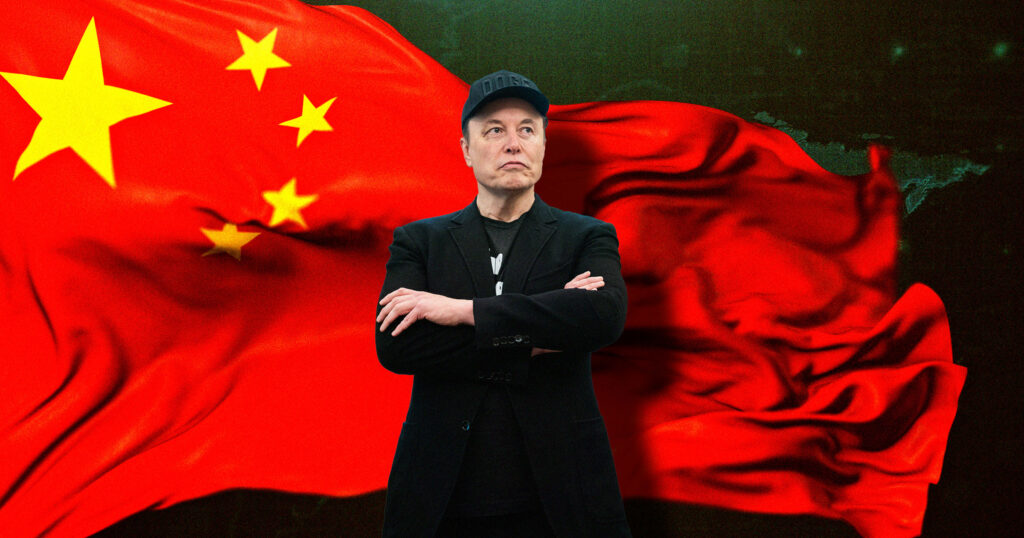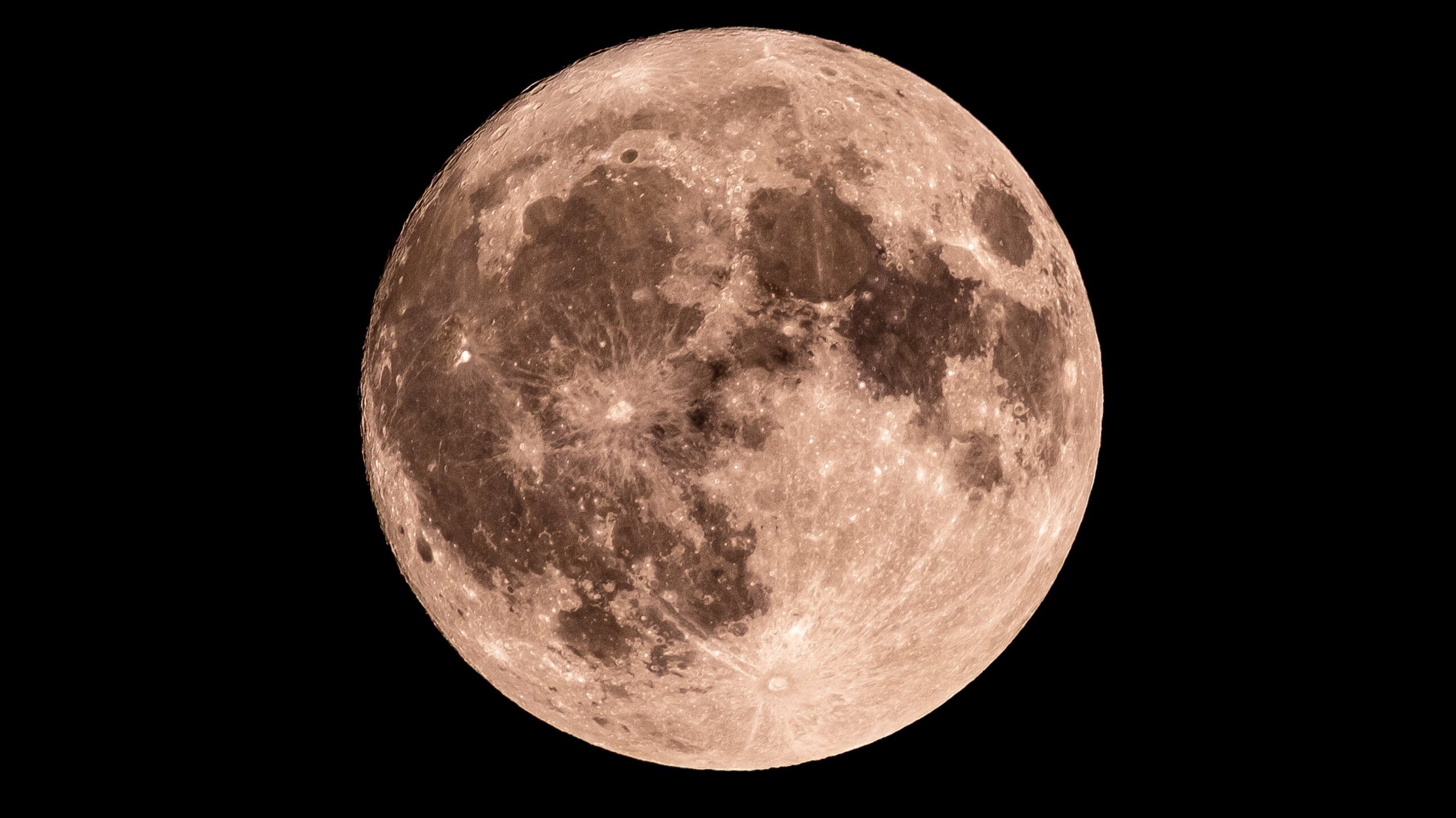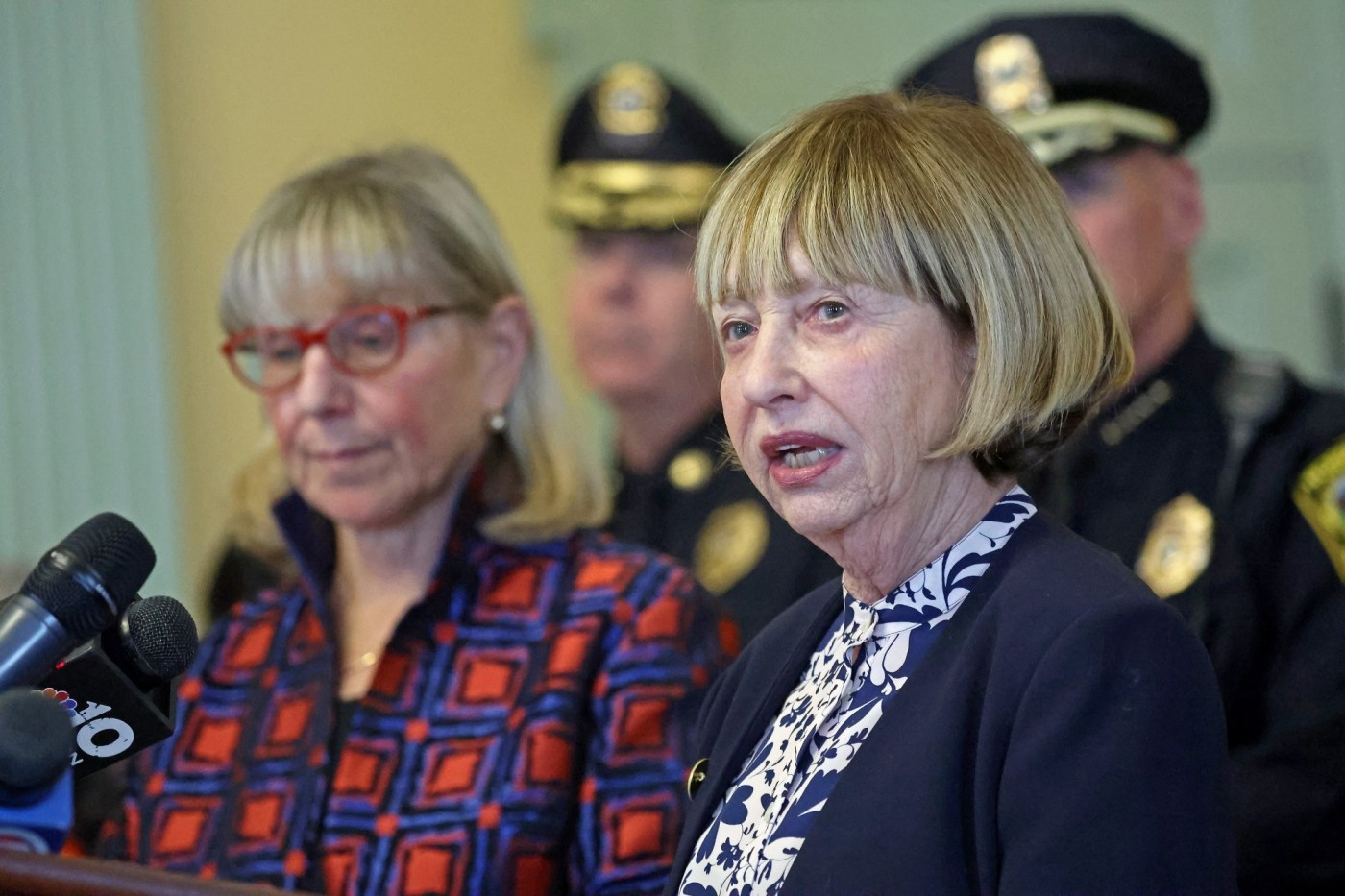
New testimony has emerged revealing that SpaceX, the aerospace company led by Elon Musk, received investments from Chinese investors, raising significant concerns given its close ties to the United States military. According to a report by ProPublica, Iqbaljit Kahlon, a major investor in SpaceX, admitted during a deposition in February 2024 that the company “obviously has Chinese investors.” This admission highlights fears that such investments could expose sensitive military operations to potential foreign espionage.
The issue of foreign investment in SpaceX is not new. In March 2024, ProPublica reported that the company permitted Chinese investors to acquire stakes, provided the funds were funneled through offshore accounts in the Cayman Islands or similar locations. This strategy appears aimed at circumventing scrutiny regarding its connections with China. Notably, SpaceX terminated a $50 million contract with a Chinese firm in 2021 once details became public, further suggesting an effort to maintain a low profile regarding these investments.
Concerns over SpaceX’s financial relationships have prompted action from lawmakers. Following the initial March 2024 report, a group of Democrats sent a letter to Secretary of Defense Pete Hegseth and NASA, expressing apprehension about perceived conflicts of interest surrounding SpaceX. The letter emphasized that the recent testimony indicates a reluctance to disclose the full extent of Chinese investment in the firm’s ownership structure. It stated, “In light of the extreme sensitivity of SpaceX’s work for DoD and NASA, this lack of transparency raises serious questions.”
SpaceX has become a critical contractor for the Department of Defense, securing multimillion-dollar contracts for launching spy and weather satellites. Reports indicate that the company has dominated military launch contracts, receiving seven contracts from the Space Force and the National Reconnaissance Office in 2024 alone, worth a total of $845.8 million. In contrast, its competitor United Launch Alliance secured only two contracts during the same period.
Elon Musk’s stance on China has been notably mixed. While his electric vehicle company, Tesla, has cultivated significant relationships within the country, the Trump administration has taken a hard line against Chinese influence, initiating a trade war earlier this year. This ongoing tension has led to increased restrictions on China’s technology sector, raising further questions about the implications of SpaceX’s financial ties.
The potential risks of these investments have not gone unnoticed in Congress. During a February 2024 House subcommittee meeting, New Jersey Democrat LaMonica McIver criticized Musk, labeling him as China’s “top puppet.” She argued that if lawmakers were genuinely concerned about national security, they would not support allowing an unelected billionaire access to sensitive information.
As discussions about foreign investment and national security continue in Washington, the implications of SpaceX’s connections with Chinese investors are likely to remain a contentious topic. The potential for foreign interference in military operations poses serious challenges that both lawmakers and military officials will need to address moving forward.





